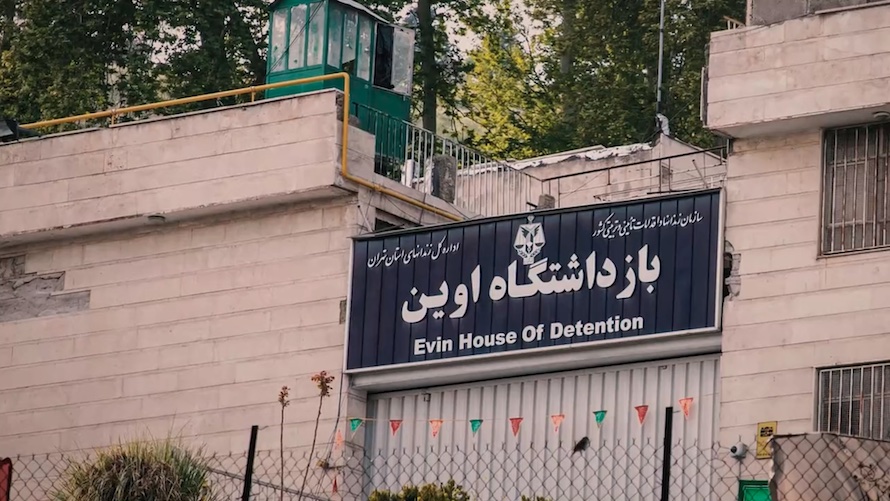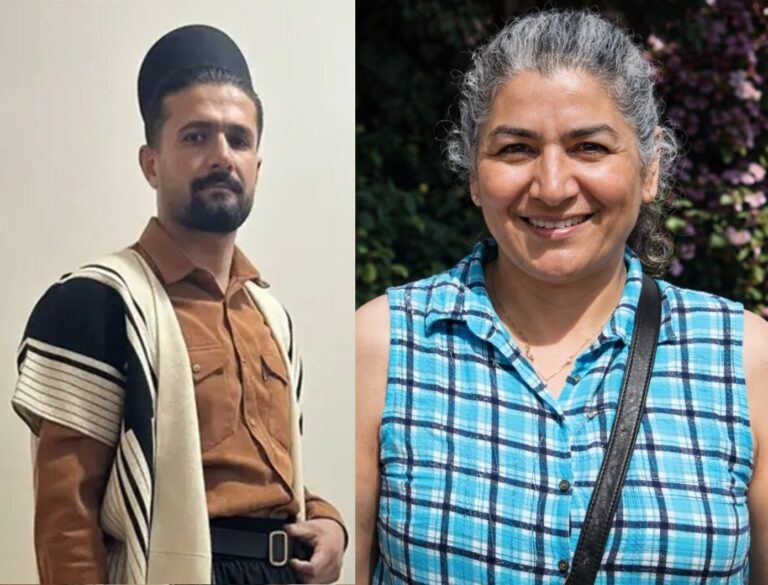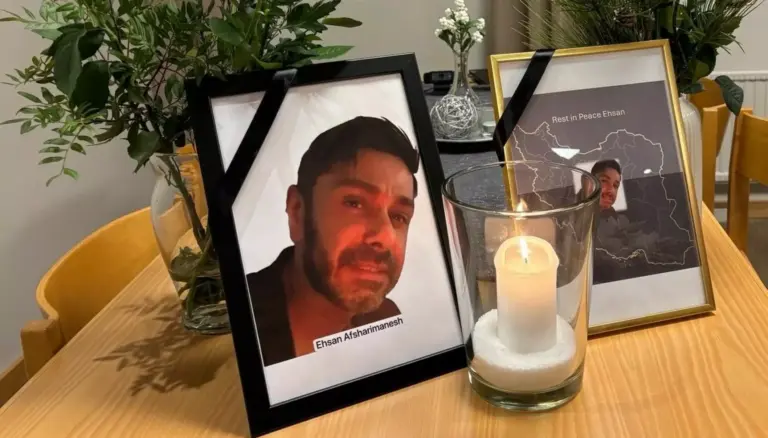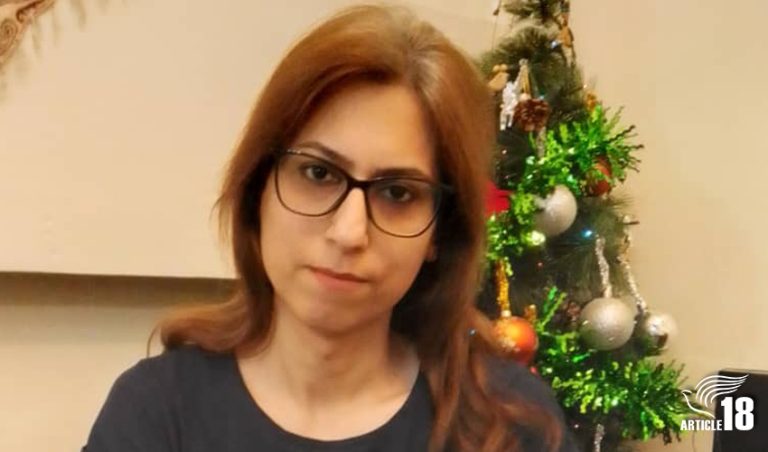
The head of Iran’s judiciary has boasted about the decision to provide Christian prisoners with five days leave over Christmas, neglecting to mention that in excess of 40 Christians were arrested for participating in Christmas celebrations in December, while at least a further 13 are currently serving sentences related to their religious beliefs or activities.
“There is no difference between Muslim and Christian prisoners,” Gholam Hossein Mohseni Ejei said, as he announced the scheme. “The judiciary will provide the necessary help and assistance to the Christian community of the country.”
However, the at least 13 Christian prisoners of conscience were not included as part of the furlough scheme, as their crimes are considered to relate to “national security”. Indeed, these Christians are treated in the same way as those who have committed serious crimes, and are therefore excluded from any furlough opportunities.
Among them are 61-year-old Mina Khajavi, former refugee Laleh Saati, and Armenian citizen Hakop Gochumyan, who has now spent two Christmases far from his wife and young children, as a result of charges related only to the possession of seven Persian-language New Testaments and having visited two Armenian churches and a Persian-language house-church while on holiday in Iran.
As the latest Christmas arrests show, Christians continue to be targeted in Iran for gathering together outside of the state-approved churches, which the majority of Christians – as converts from nominally Muslim backgrounds – are not permitted to attend.
These recognised churches, of which there are over 300, according to an Iranian MP, are only permitted to operate in the ethnic minority languages of Armenian and Assyrian, and are not allowed to admit converts, even though these represent the vast majority of Iran’s Christian population, numbering several hundred thousand.
These converts are not recognised by the state and therefore have no place to worship, and must choose either to practise their faith in secret or to meet together in their homes in what have become known as “house-churches”. But these churches, although no different in practice from any other Christian meetings around the world, are outlawed by Iran’s judiciary and labelled “enemy groups of a Zionist cult”.
There is always an increase in arrests of Christians at Christmas-time, as well as Easter, both as a deterrent to stop Christians from meeting and a means of arresting the greatest number of Christians possible, as Christians are guaranteed to gather together in larger numbers on such occasions.
Iran will send a delegation to Geneva later this month for its next UN review, and will no doubt continue to claim that Christians, as one of three recognised religious minorities, enjoy full religious freedom. However, while Christians of Assyrian or Armenian origin enjoy a degree of freedom to worship – though even their religious practices are still tightly monitored and controlled – converts to Christianity do not enjoy any of the freedoms that should be theirs under Article 18 of the International Covenant of Civil and Political Rights, which Iran has ratified and which include the freedoms to choose one’s religion, to change it, and to share it with others.



0 Comments